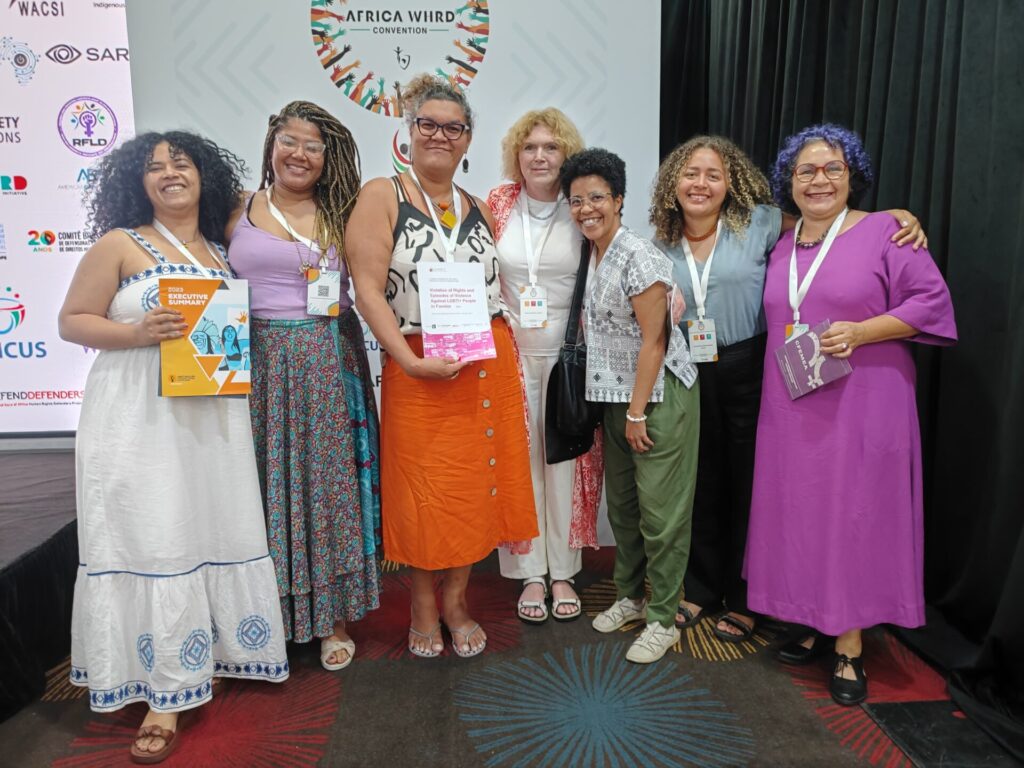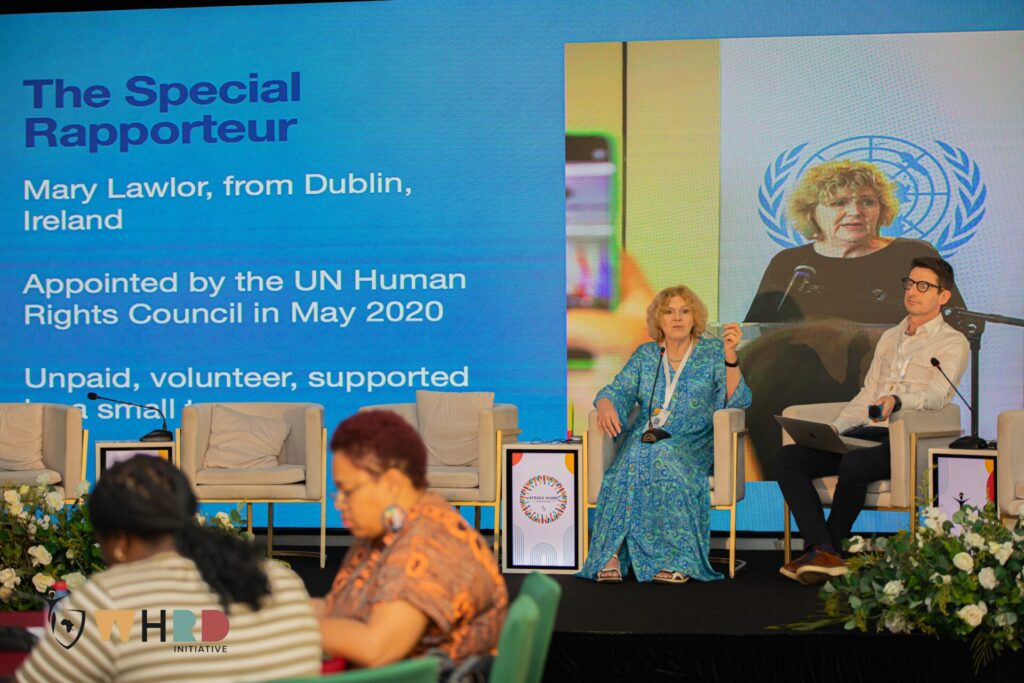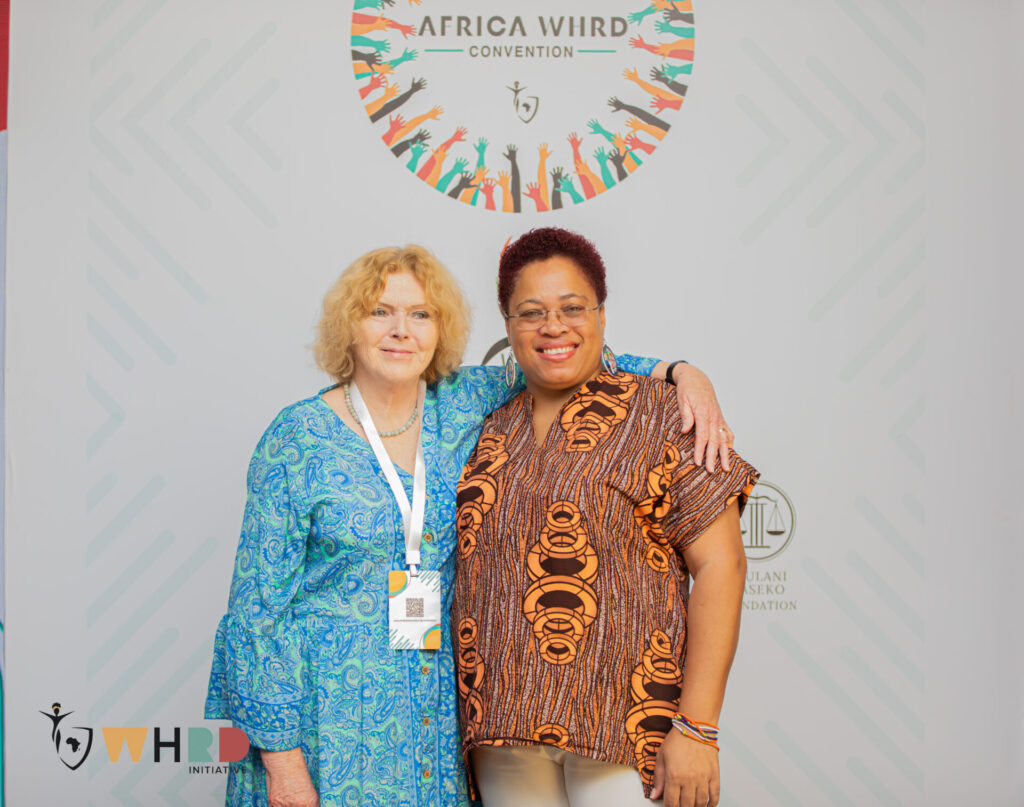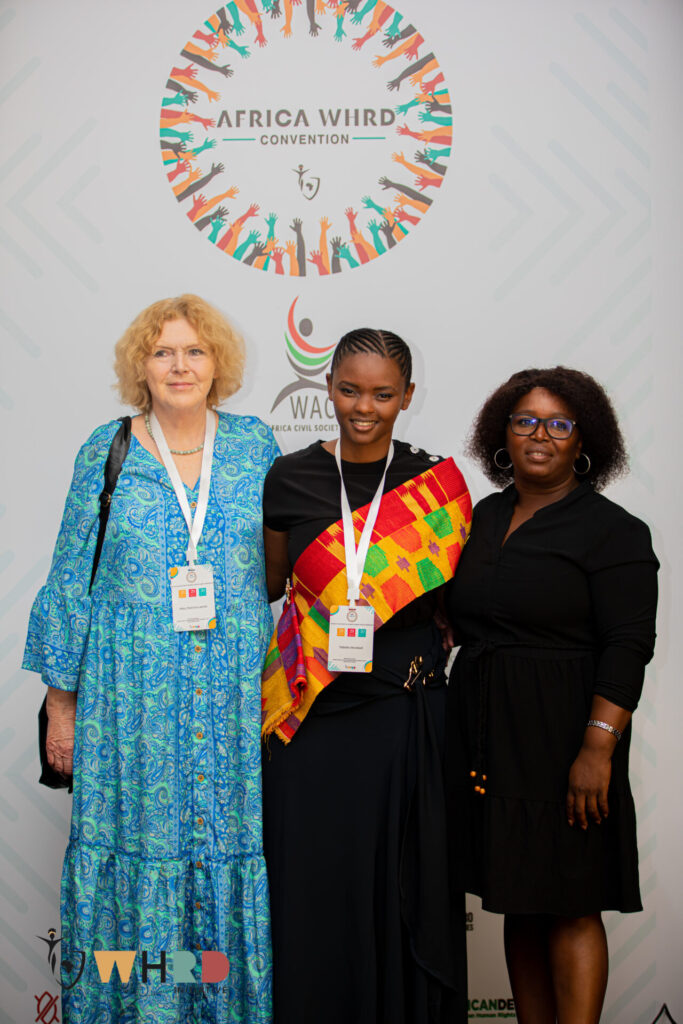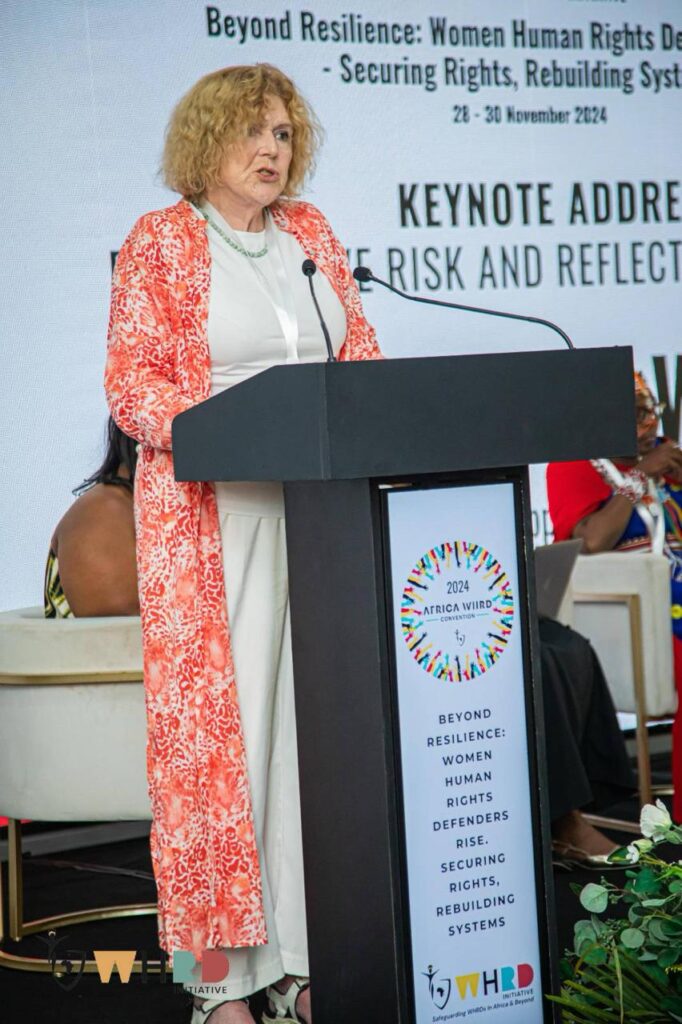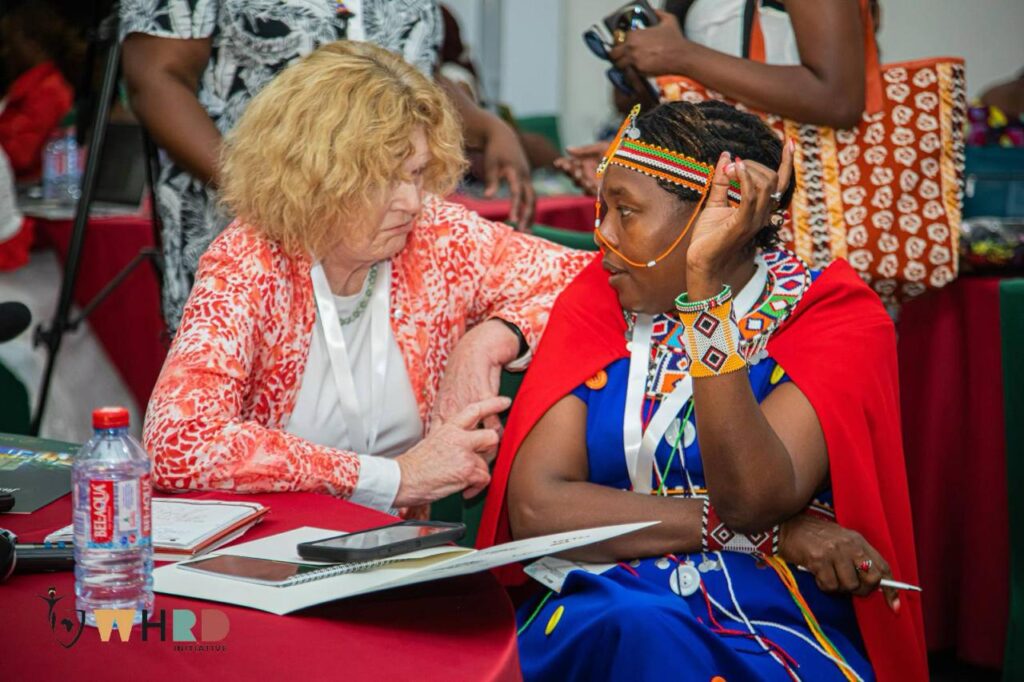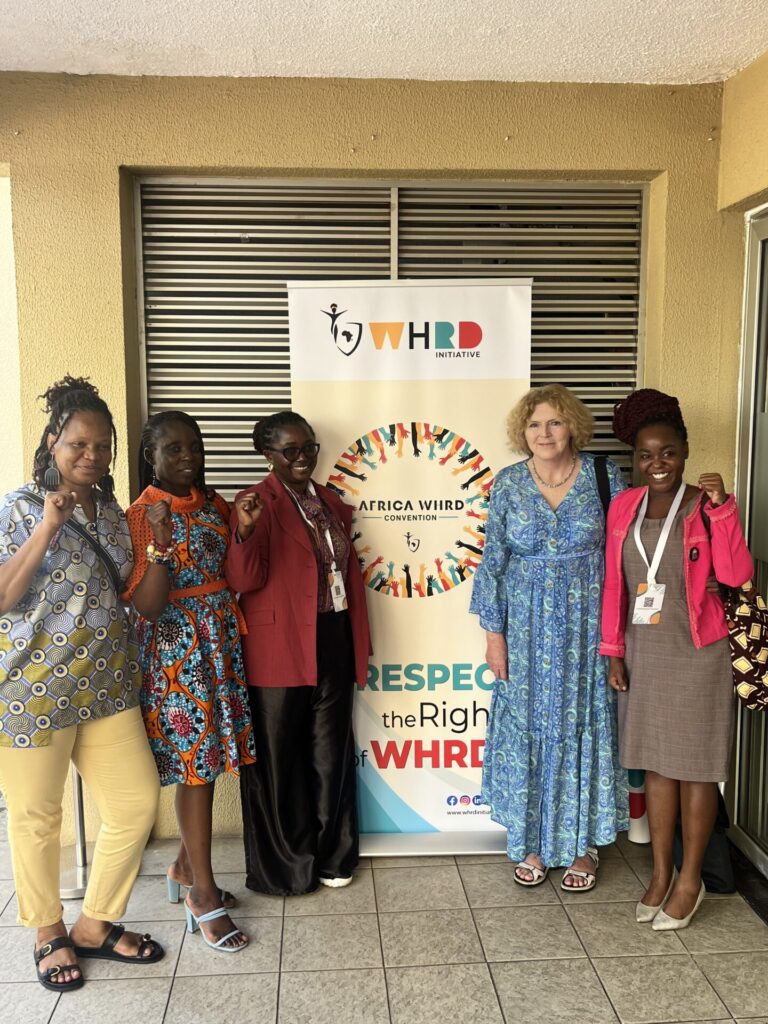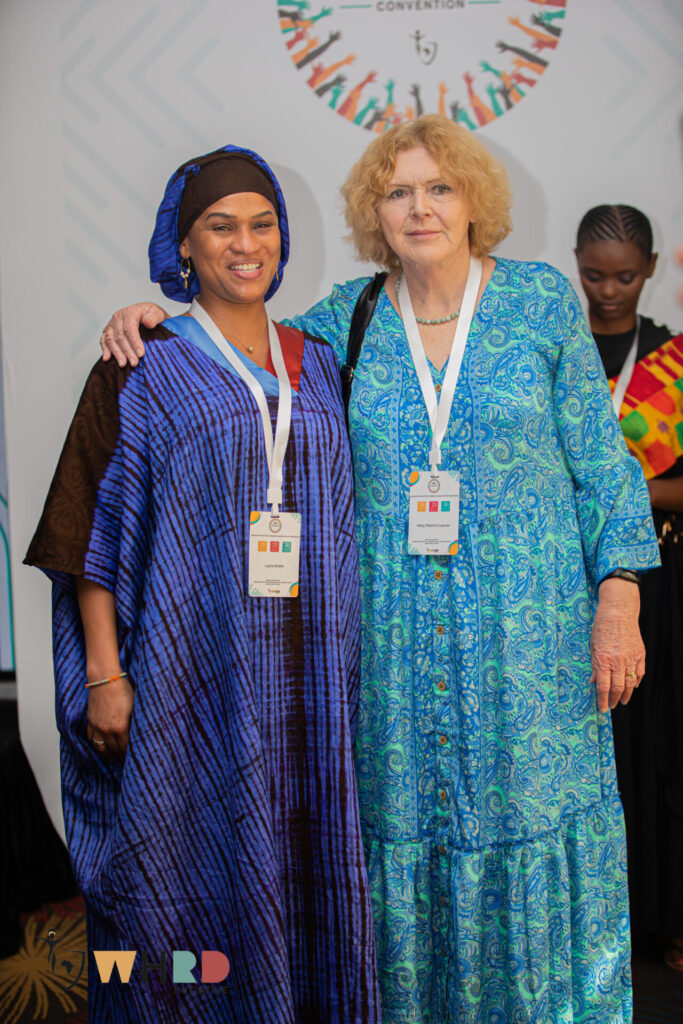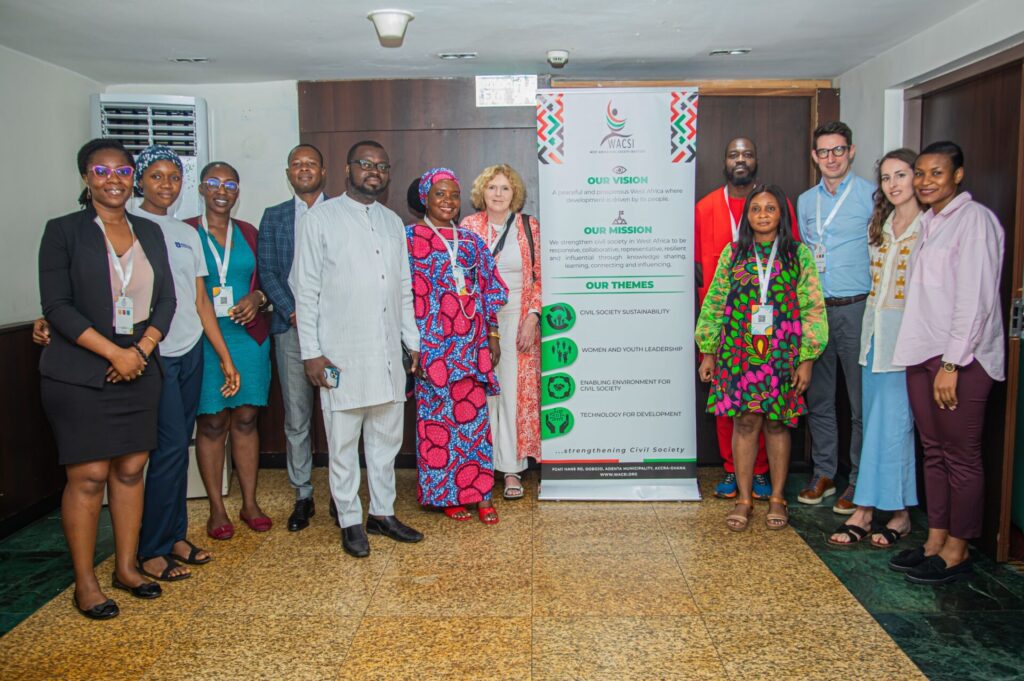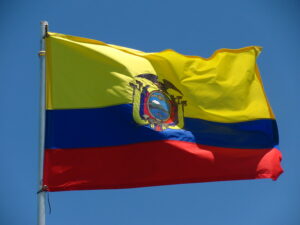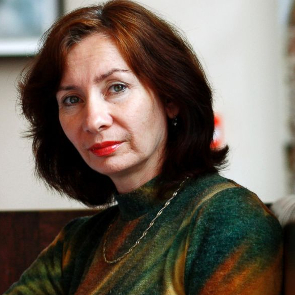From 18 to 30 November, I embarked on an academic visit to Angola, South Africa and Ghana. It was my first time visiting sub-Saharan Africa as UN Special Rapporteur, notwithstanding the dozen or so official country visit requests I have submitted to governments in the region. The difference between these ‘unofficial’ visits and ‘official’ visits is that in the former, the focus is mostly on meeting with human rights defenders (HRDs) while official country visits involve a range of high-level meetings with various government ministries, in addition to the meetings with defenders. Official country visits are also followed by a report on the visit that is presented to the Human Rights Council the following year.
During these two weeks, I had the privilege of meeting and hearing from over 100 human rights defenders from Angola, Burkina Faso, Burundi, Cote d’Ivoire, the DRC, Eswatini, Ethiopia, Ghana, Kenya, Lesotho, Mozambique, Nigeria, South Africa, South Sudan, Uganda, Zambia and Zimbabwe. I want to extend my huge thanks to the African Initiative of Women Human Rights Defenders which coordinated and facilitated the visit, and in particular to its co-director Simphiwe Sidu who was our main point of contact and ensured everything ran smoothly.
Angola
I started the visit in Luanda where I got to know the excellent work of Kutakesa, a relatively young organisation which focuses on the protection and support of human rights defenders at risk. Although only established in 2020, Kutakesa has already made a mark on the protection landscape in Angola, and has tried to increase the links between Angolan civil society and international protection mechanisms. One of the complaints I have frequently heard from defenders in Lusophone Africa is that they often feel excluded from international attention because of language.
I was grateful to the embassy of Portugal for meeting with me to discuss how Portugal engages with HRDs in Angola, though it was very disappointing that a number of other states which say they prioritise HRDs in their foreign policy, did not respond to the invitation.
In consultations organised by Kutakesa, I heard from HRDs about how they feel the government views them as ‘rivals or enemies’ and that it warns people against interacting with civil society by describing it as ‘dangerous’. Multiple HRDs reported experiences of arbitrary detention, often lasting several hours, when participating in or organising peaceful demonstrations. Police frequently used excessive force against them, including beatings, during arrests. In one case, a pregnant woman human rights defender (WHRD) was detained for hours despite her condition. Threats and intimidation were described as commonplace, with one defender saying how severed animal heads had been sent to his home in response to his activism. Some HRDs also reported being approached by state security services who attempted to recruit them as informants.
There was a general concern expressed about the increase in restrictive legislation recently introduced or being tabled. These include a National Security Bill, a National Vandalism Bill and a pending Law on the Status of NGOs. I also heard complaints that there was no real separation of powers between the judicial and executive branches of government, and that in some cases, even when a judge orders the release of a HRD, they are overruled by the administration. I was shocked by what defenders told me about the conditions of their detention. I heard from one man who was forced to sleep with his head next to the toilet of a crowded prison cell, inches away from excrement.
I held a separate consultation with women human rights defenders who spoke about sexual harassment and assault by authorities, including a reported case of a policeman demanding sexual favours in exchange for filing a complaint. They also described patriarchal attitudes leading to increased verbal abuse and physical violence during protests and targeted beatings and threats specifically because of their gender and activism.
Despite these sometimes harrowing stories, I left Angola greatly motivated by the resilience and determination shown by the HRDs I met, who often operate beyond the gaze of the international community. Yet they plough on in spite of this lack of support and are putting systems in place to ensure that HRDs can work more safely in the country.
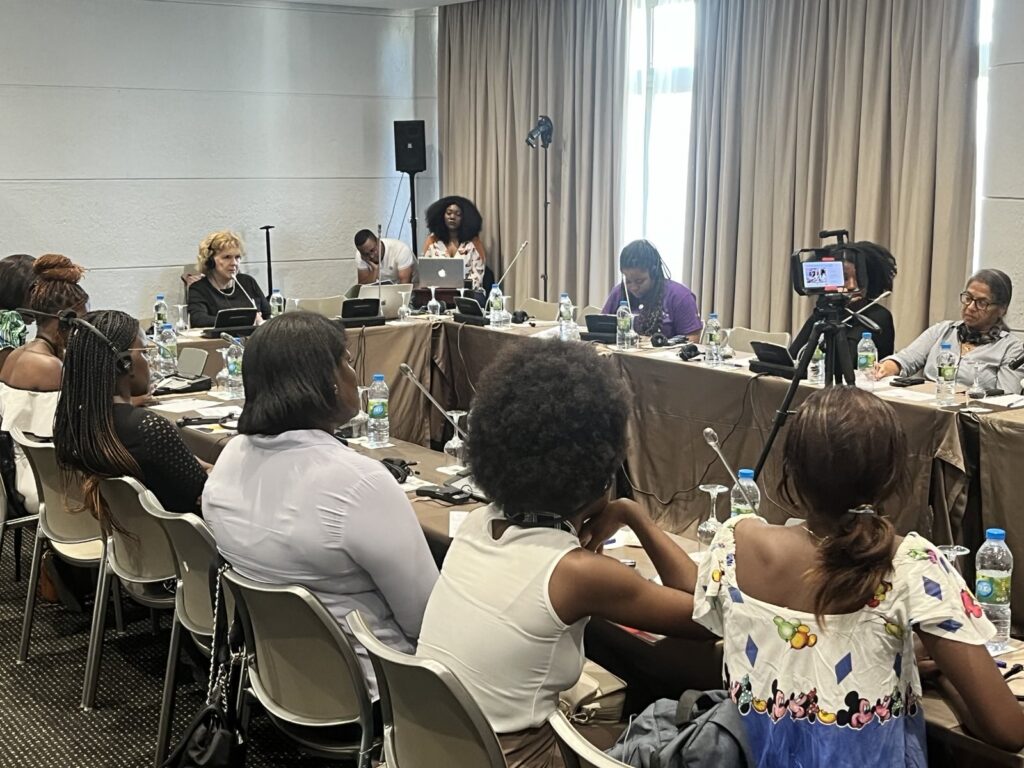
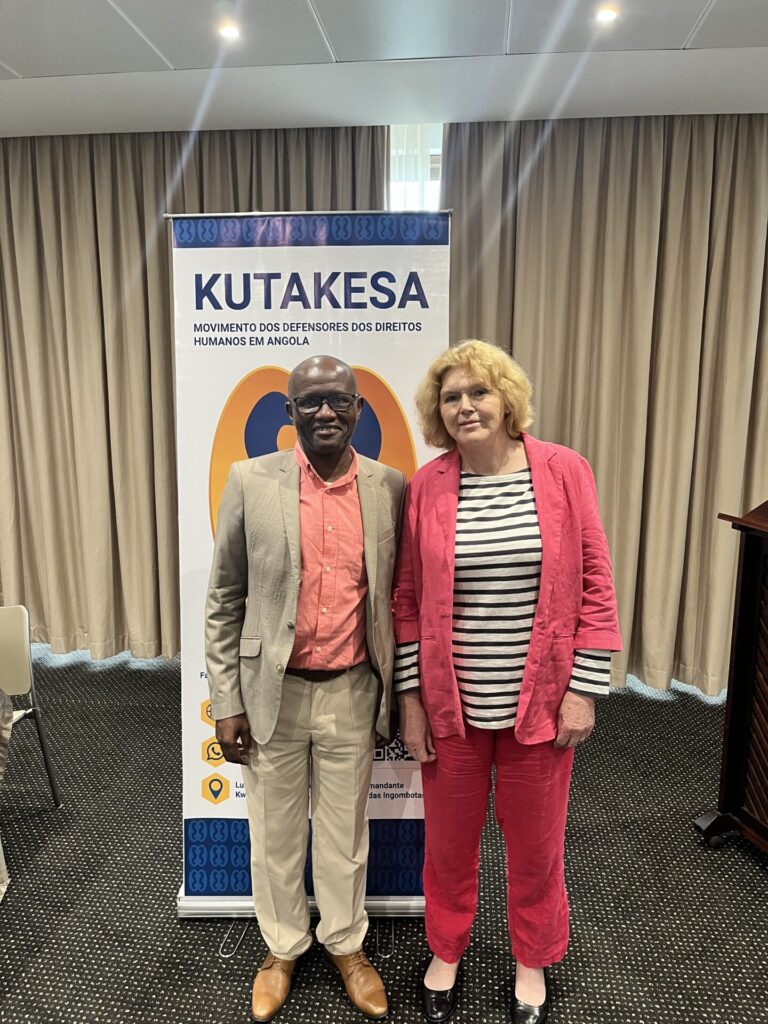
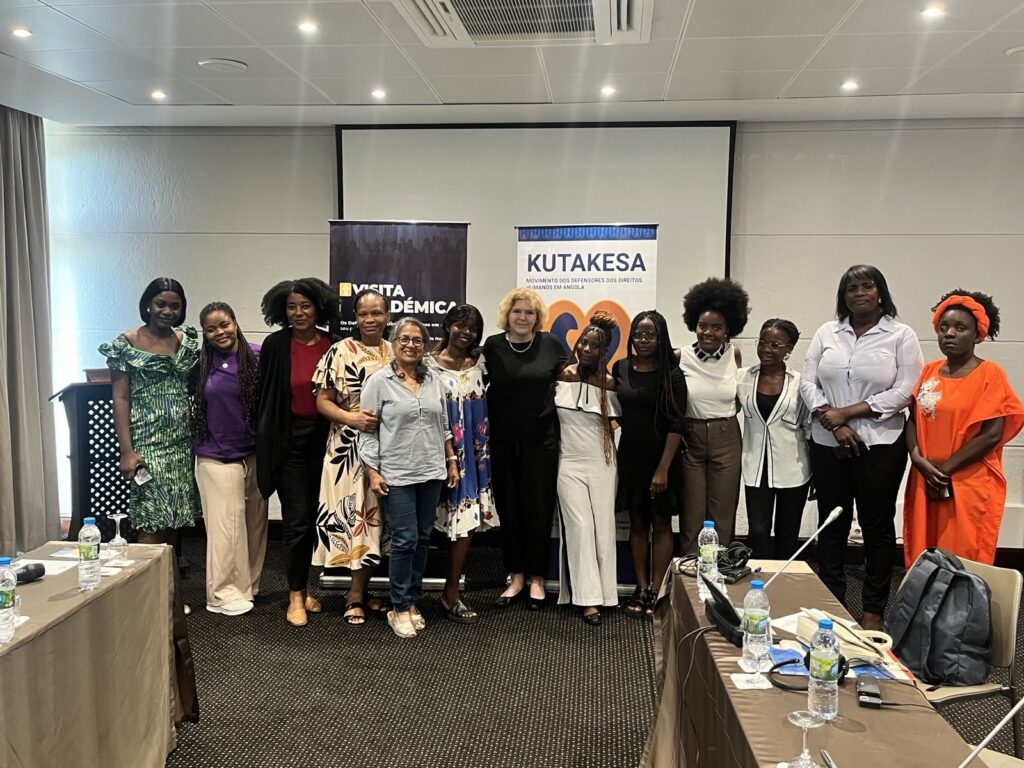
South Africa
South Africa’s Constitution has been a guiding light for human rights defenders around the world who can only dream of their governments adopting such a rights-respecting and empowering text. Sadly however, the realisation and protection of the rights contained in the Constitution continues to be very challenging for South Africa’s government. I have written numerous times to the government raising concerns over acts of intimidation of, violence against and killing of HRDs in the country, as well as the taking of strategic lawsuits against public participation (SLAPP) against them; the dozens of defenders I met confirmed that these are all ongoing risks.
The Dutch Embassy in Pretoria kindly hosted a consultation with defenders working on a range of issues including the impacts of mining on local communities, protection of whistleblowers and LGBTIQ+ rights. While I was aware of many of these issues due to the information we receive through the Mandate, what took me by surprise and left a lasting impression on me was the accounts of rising xenophobia and the violence that is directed against HRDs who try to stand up for those targeted. One man who started a local community organisation to stand in solidarity with some of the most marginalised people in South Africa related how he had received death threats, how his wife had been threatened with sexual assault and how his children had also been threatened. He had to move house 3 times. All of this because he is working to support LGBTIQ+ people, migrants and refugees, and the impoverished. He told me that the attacks are linked to Operation Dudula, who sometimes seem to work in collusion with the police.
I was glad to hear in meetings with the Department of International Relations and Cooperation (DIRCO) and the National Human Rights Commission of their commitment to the protection and safety of human rights defenders. I reemphasised to the DIRCO my wish to return to South Africa on an official country visit in 2025. It was also good to hear from the Human Rights Commission that it had introduced a model law on SLAPPs and that it was focusing on investigations into the killings of human rights defenders from Abahlali baseMjondolo (AbM).
In Durban, AbM hosted a roundtable for me to hear from members of their movement and other human rights defenders working on the right to housing, land and a life of dignity. AbM is a shack-dwellers movement which campaigns for the rights of those living in informal settlements across four provinces. Since 2009, 25 of their members have been killed, with only three cases resulting in prosecutions. Despite the intervention of the Human Rights Commission and the creation of a Police Investigating Task Team, progress on the investigations remains minimal. Residents of the Gold Coast branch invited me to visit their settlement and to see first-hand the conditions in which they live, which AbM and other HRDs are fighting to improve. The lack of running water and sanitation, vulnerability to flooding and dangerous wiring combine to pose severe health risks to residents.
Human rights defenders opposed to the impact of mining on local communities have long been at risk in South Africa. During my trip to KwaZulu Natal province, I met with some of those affected. People who are demanding fairer compensation for themselves and others in order to move home have been left isolated by the relocation of those who agreed to move. This isolation significantly worsens the risks they face because their security networks had largely consisted of their neighbours, who watched out for each other. One elderly couple I spoke with told me they had been attacked three times and that their animals were dying from ingesting coal dust. I witnessed the disruption caused by heavy goods vehicles going to and from the mines while families lived and children played by the roadside, the dust whipped up by the mining and the extension of the mining areas to literally the back garden of some people’s homes.
I also visited the house where Mama Fikile was murdered in 2020, to pay tribute to her life and work. I saw where she was sitting, chopping onions, when she was shot three times, as her grandchild played outside. A couple of days later, I also met with Mama Fikile’s daughter, Malungelo Xakaza, who continues to seek justice for her mother, and who herself has now received threats because of this work. During my time visiting these mining communities, I was guided by the remarkable Kirsten Youens, a human rights lawyer who has assisted families in pushing back against the might of the mine. Kirsten has also received threats, which I highlighted in a recent communication to the South African government.
I was fortunate to attend part of the Southern Africa Human Rights Defenders Summit in Johannesburg and to meet with defenders from a number of countries in Southern Africa. I was delighted to hear that there are now some 22 HRD protection networks on the continent, including one in South Sudan, staff of which I met. I heard from them about the various thematic clusters around HRD protection the Network had developed, though was sadly not surprised to hear that the environmental and extractive industry cluster was the one in which HRDs experienced most threats. As I have often said, I believe HRD networks are a crucial first step in organising protection and it gives me great encouragement to see such Networks beginning to thrive in Africa.
While I was in South Africa, I also met with a number of human rights defenders who had recently left Eswatini in the face of a severe crackdown on civil society there. It was a joy to spend time with Tanele Maseko, the indomitable WHRD from Eswatini whose husband, human rights lawyer Thulani Maseko, was murdered last year in front of her and her children. Tanele shared her frustrations with the lack of a proper investigation into Thulani’s killing and the ongoing risks she faces because of her determination to seek justice. I heard more generally from other HRDs from Eswatini about the compromised justice system, the impunity for attacks against defenders and the continued denial of registration for LGBTIQ+ defenders in the country.
South Africa is a beautiful country and I was moved by the warmth of the people who so graciously received me. I have long been inspired by the anti-apartheid movement and the life work of Archbishop Tutu, and the promise that South Africa holds of a society based on equality and justice. Human rights defenders are key to delivering on this promise.
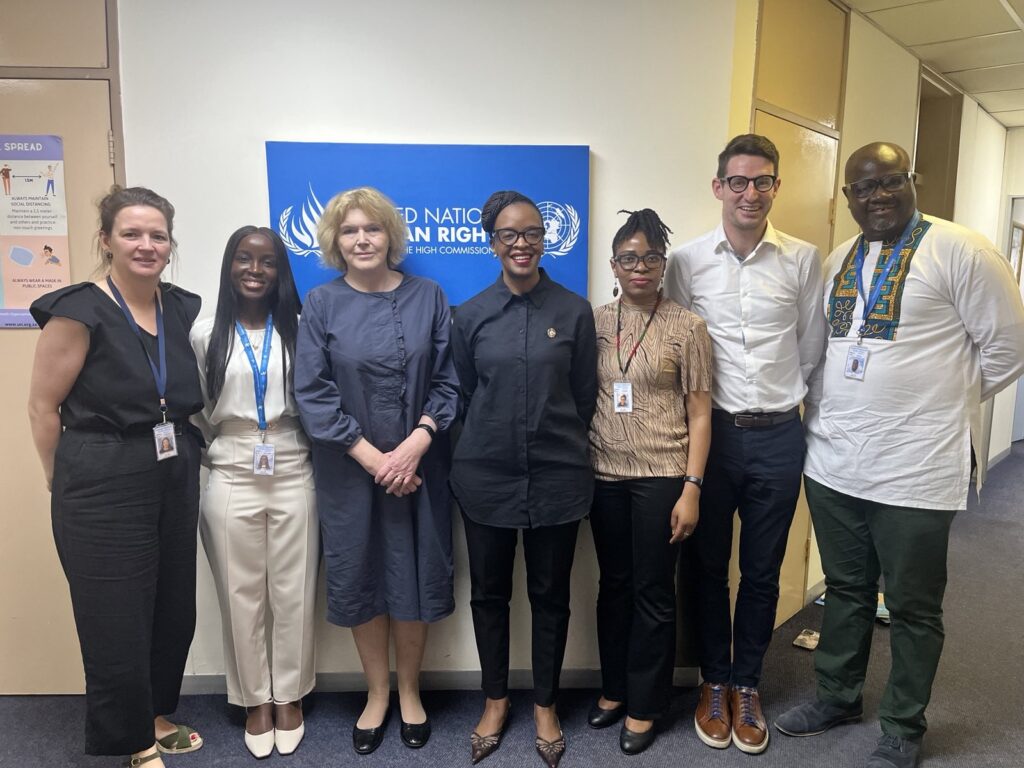
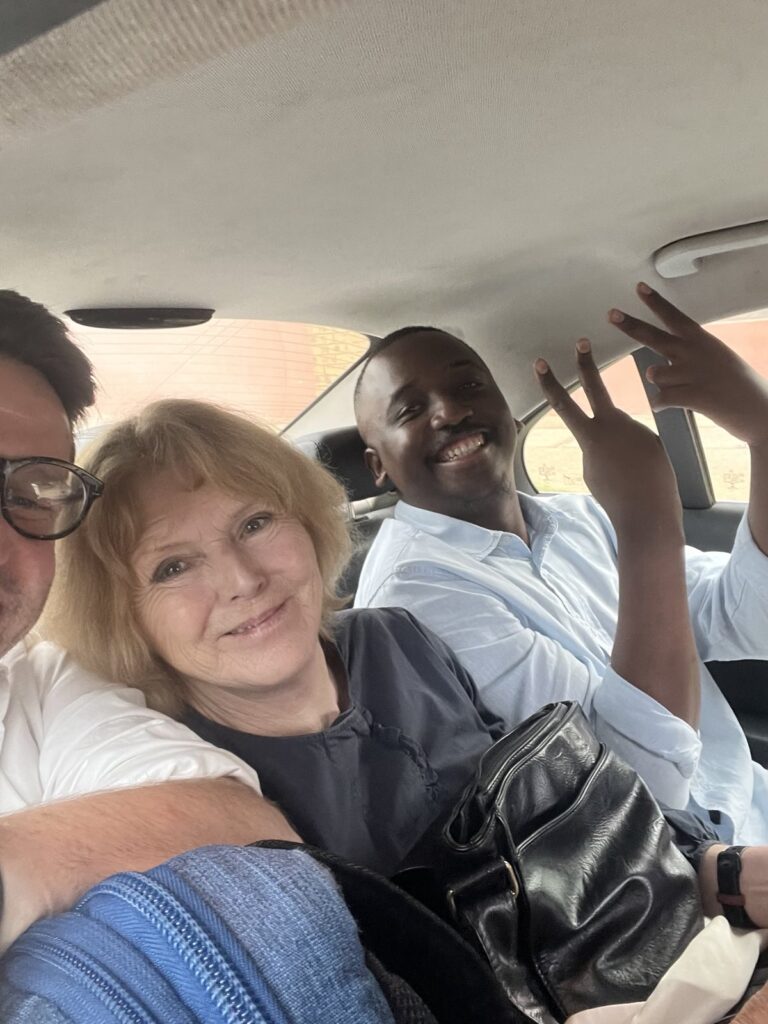
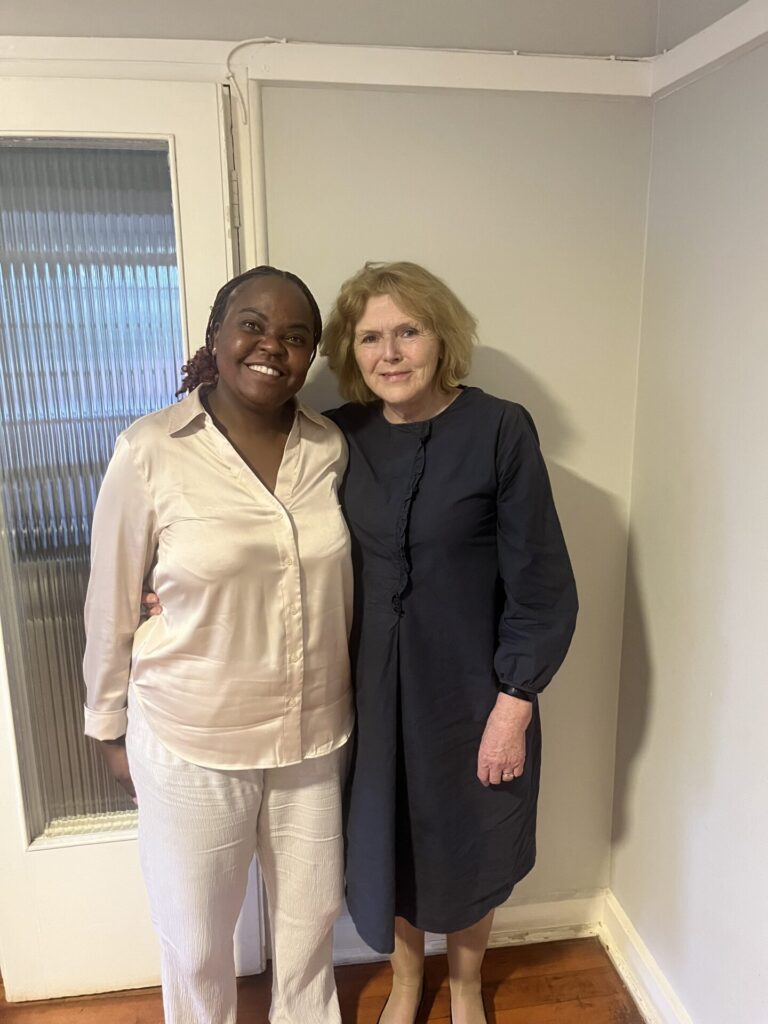


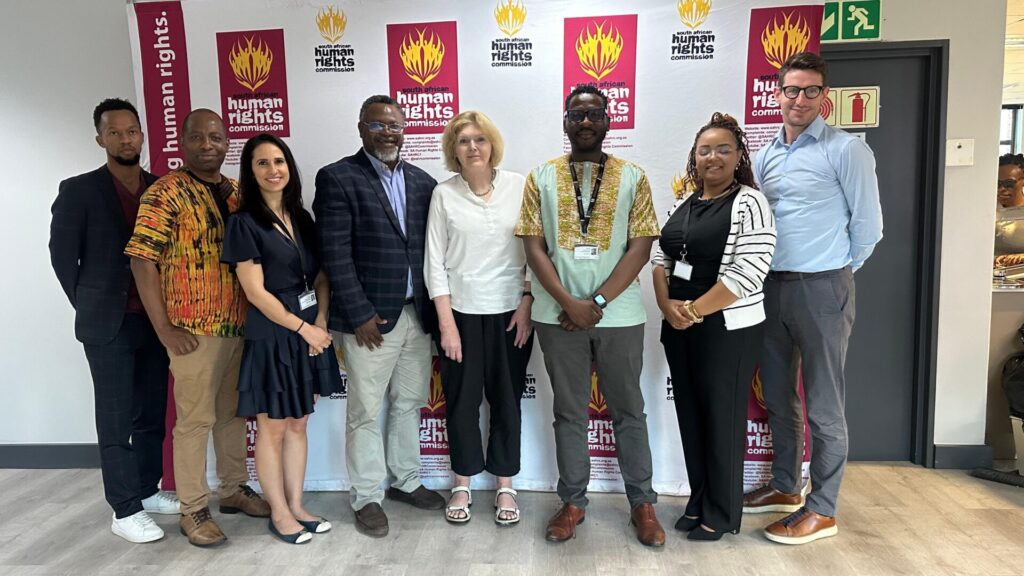
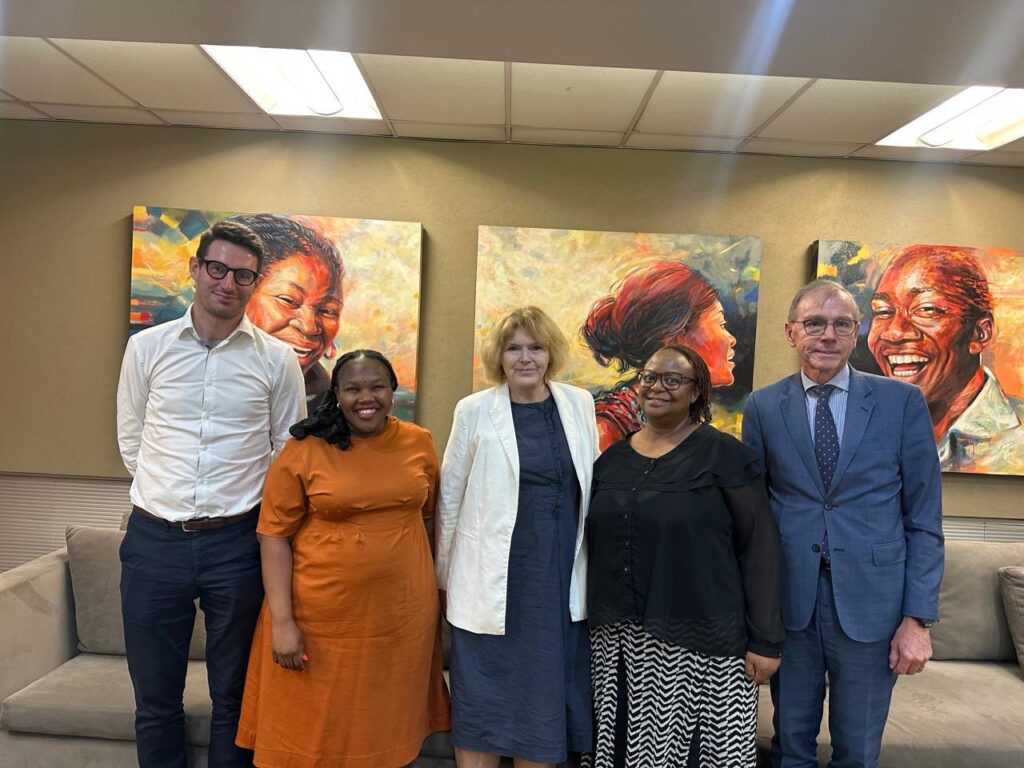
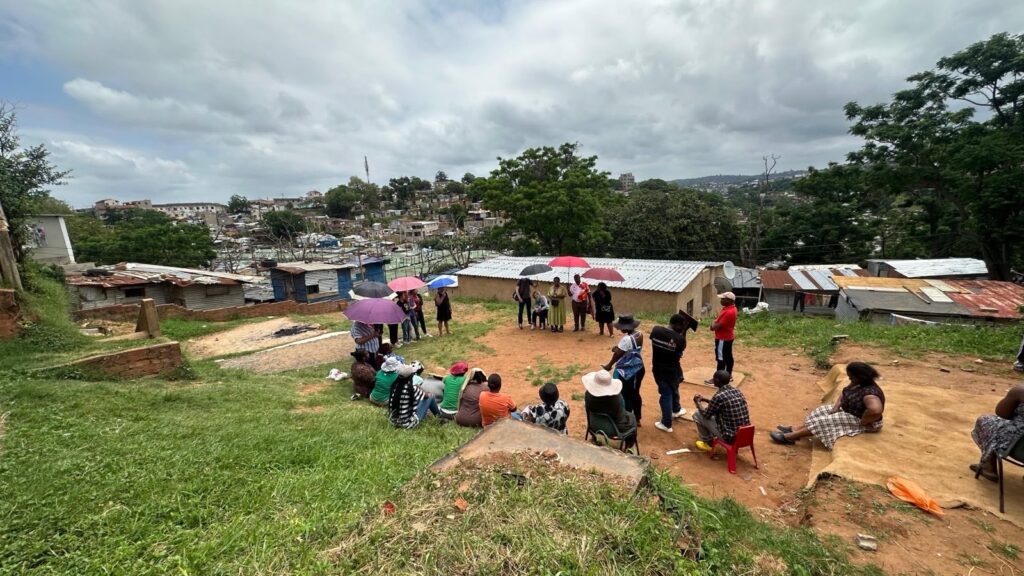
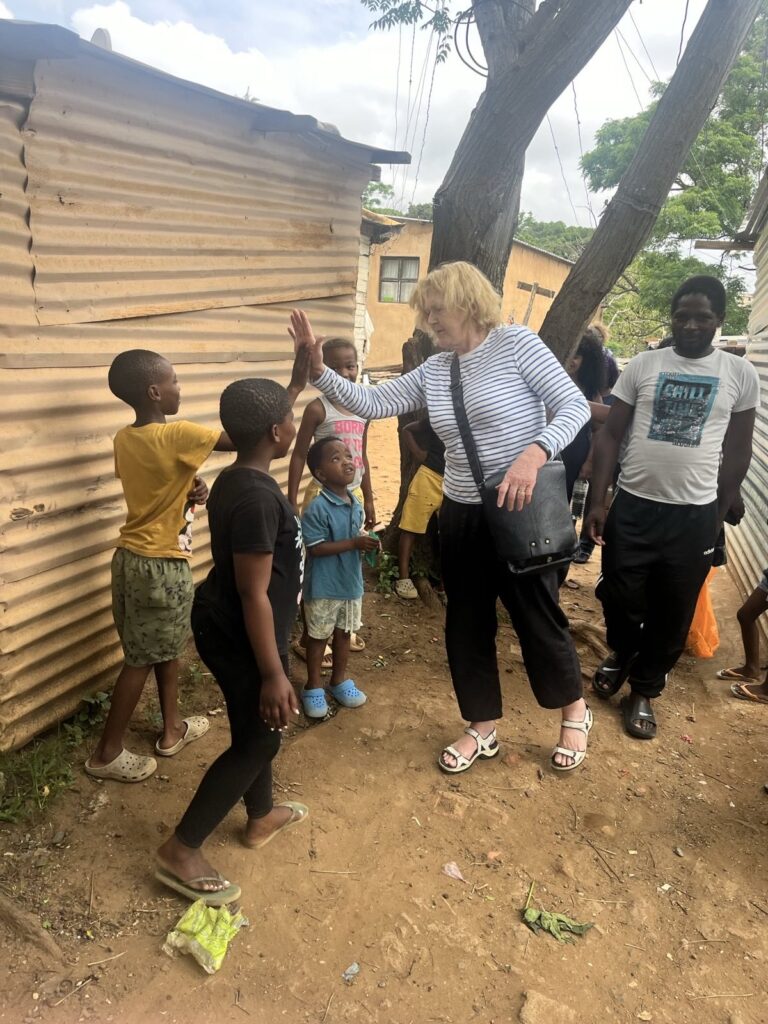
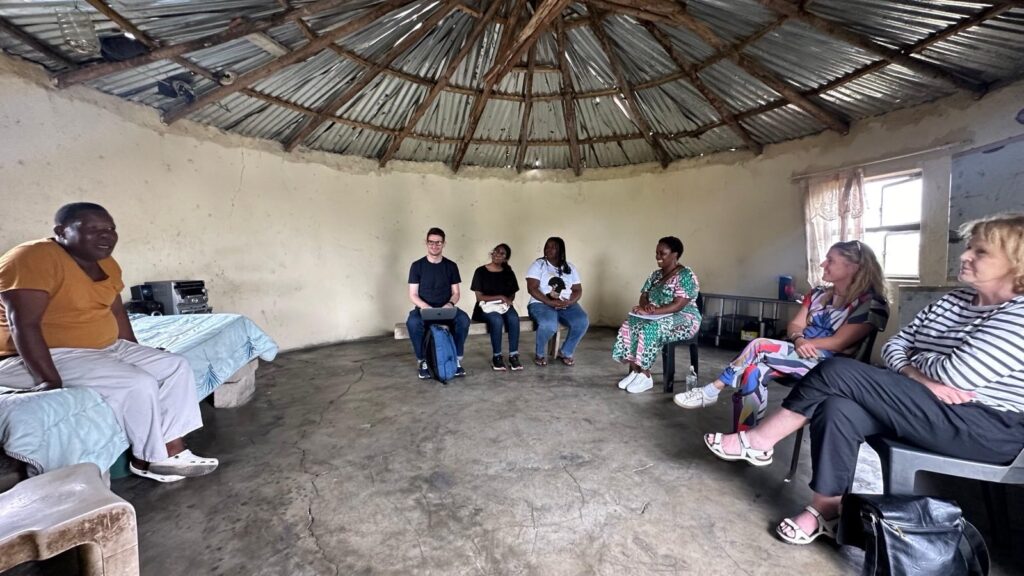
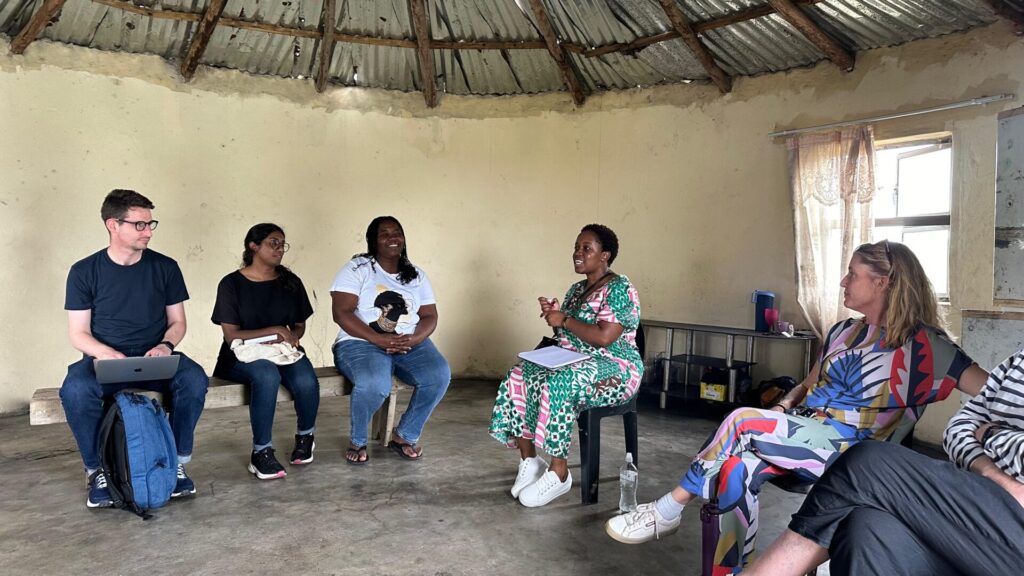
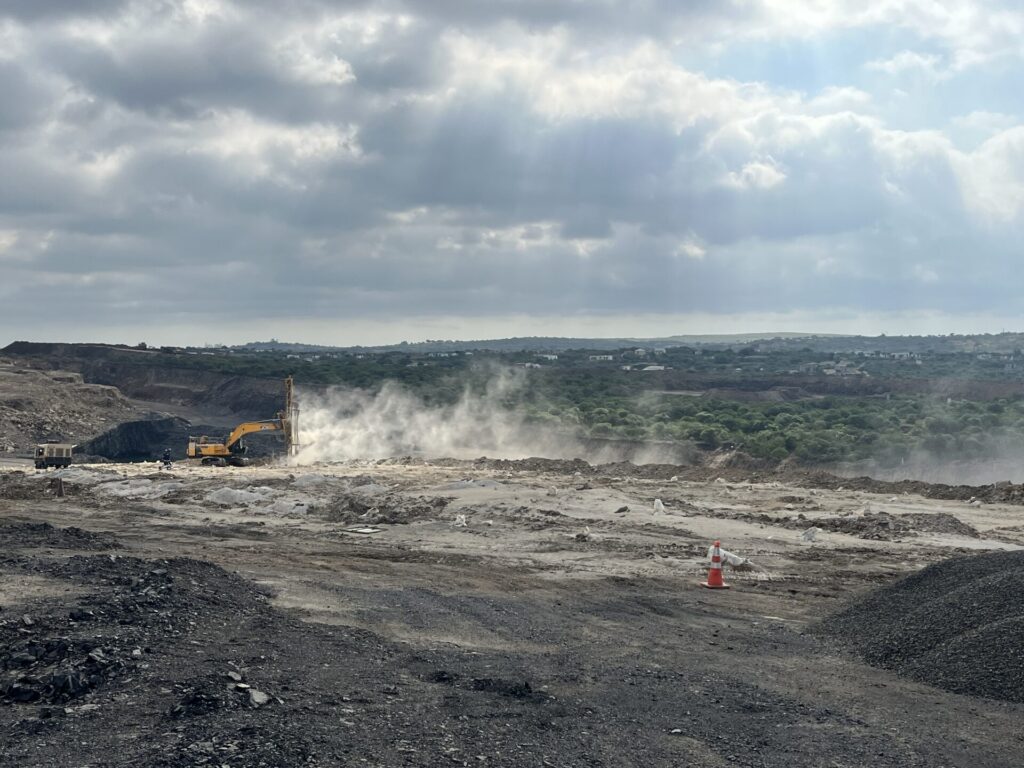
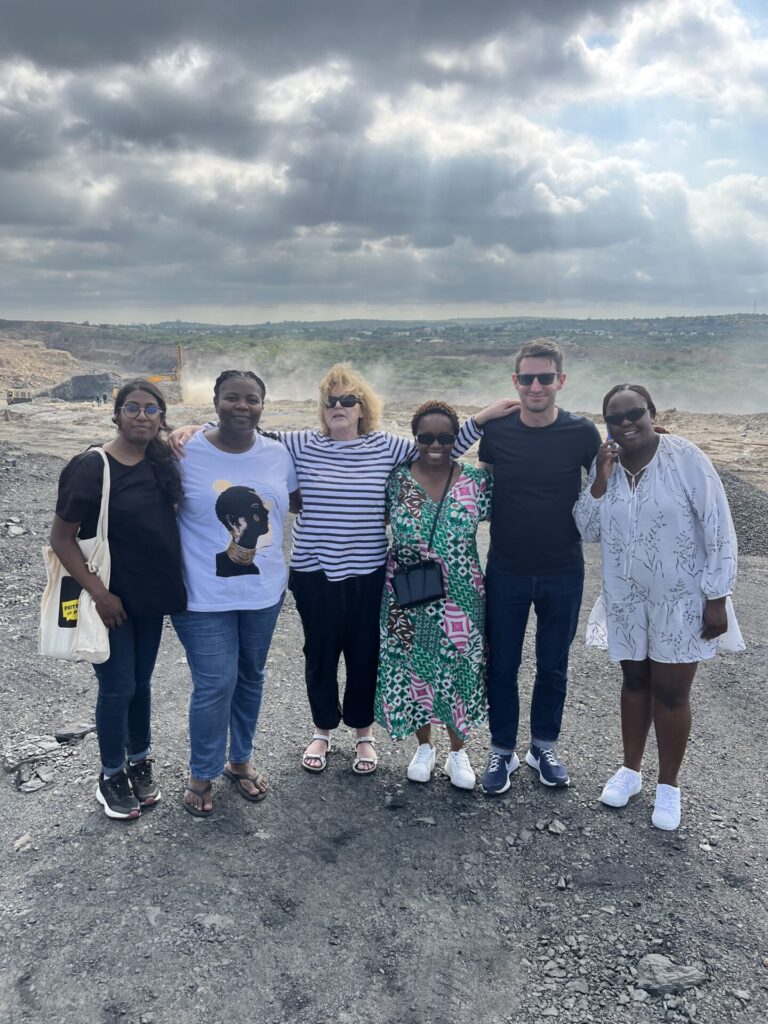
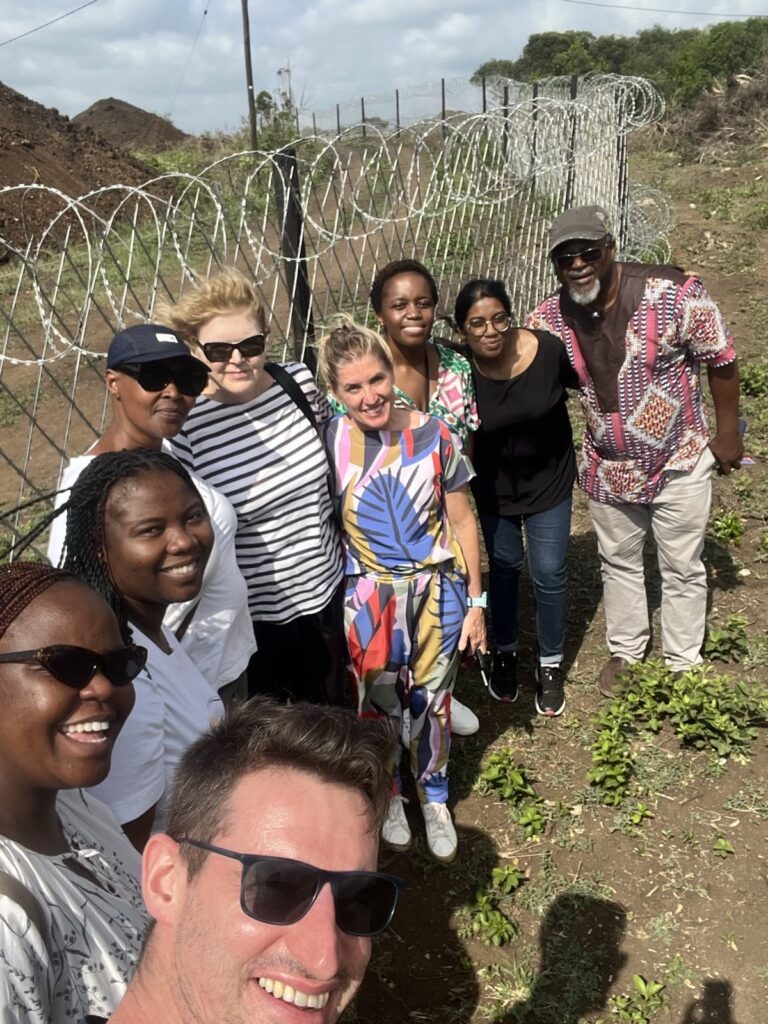
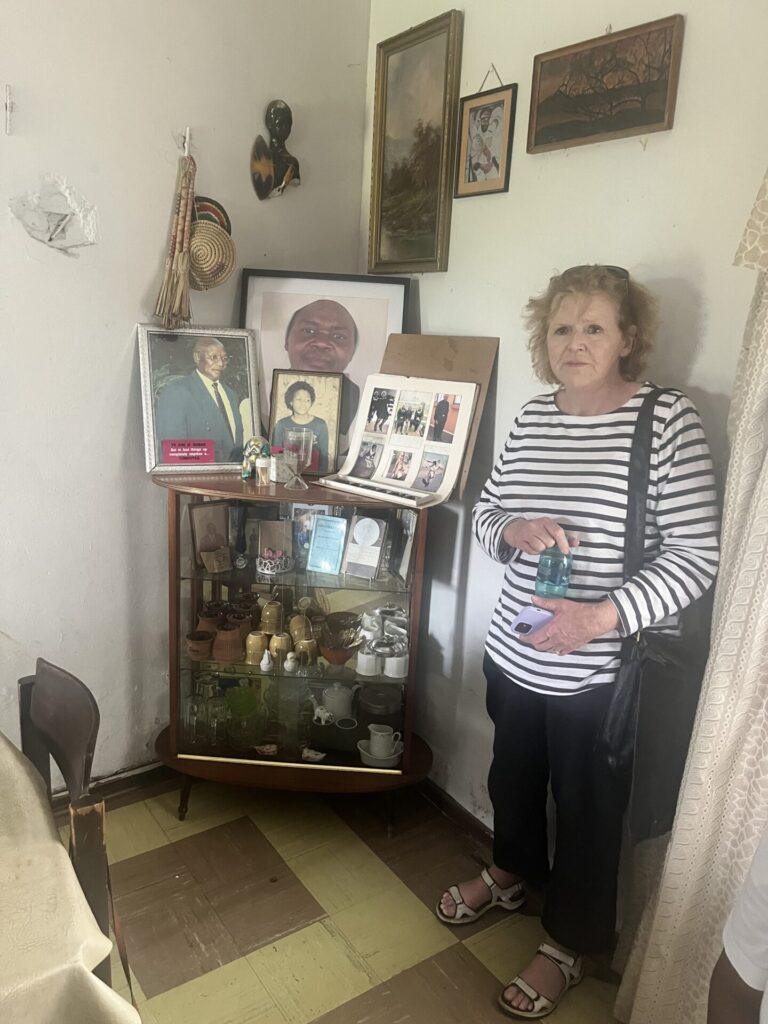
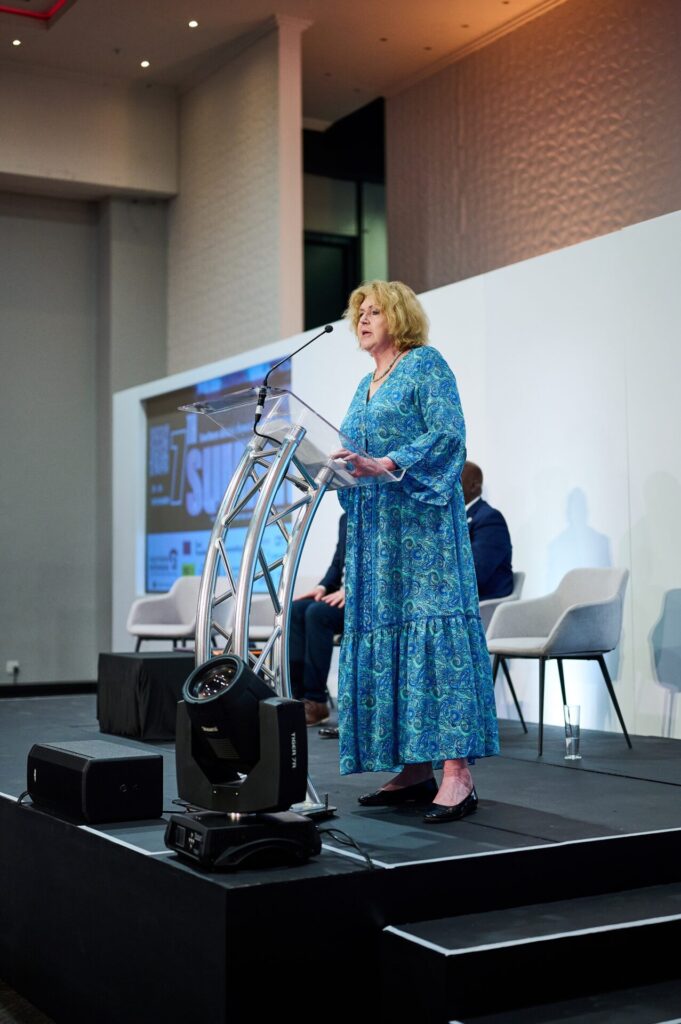
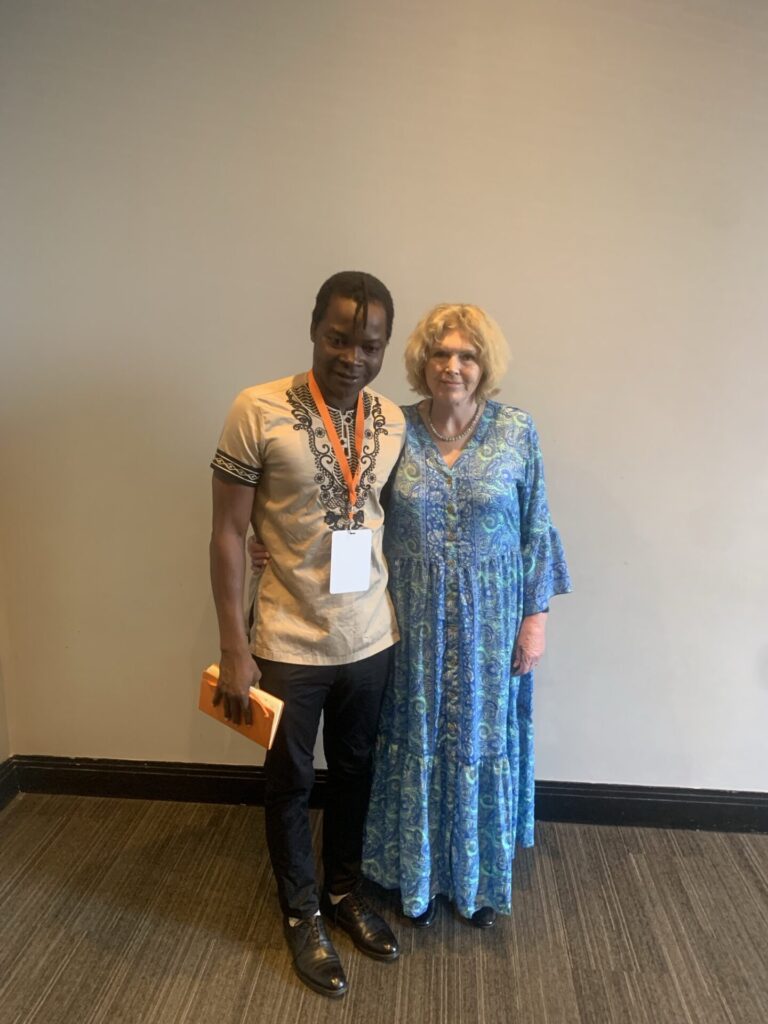
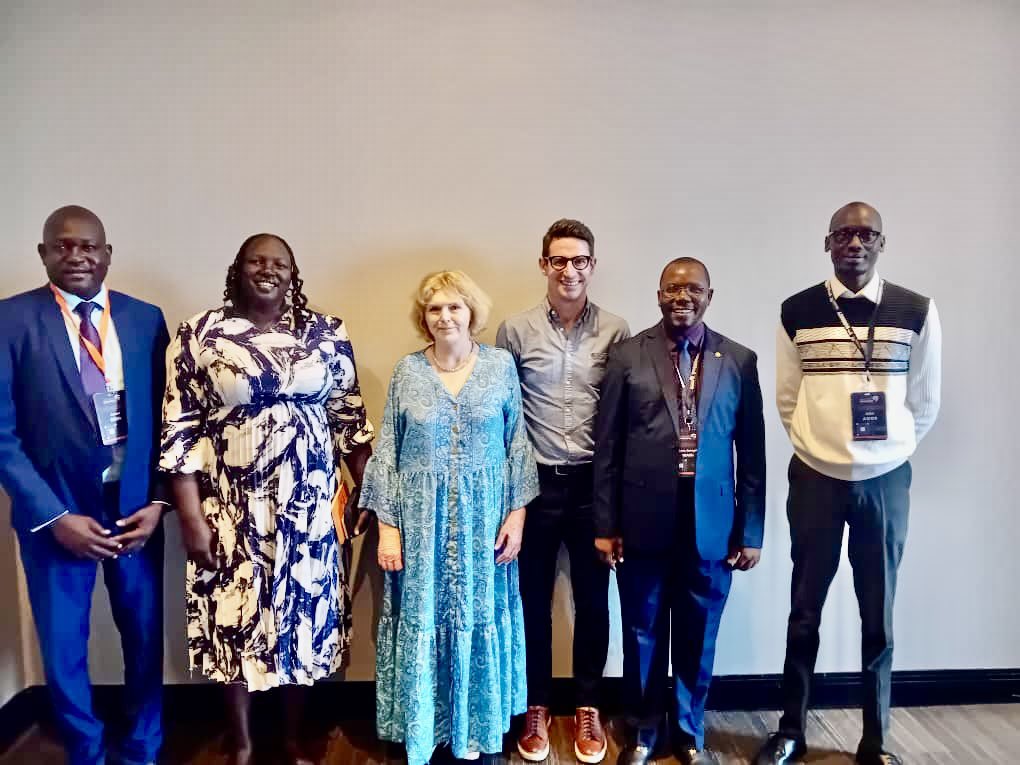
Ghana
Lastly, I travelled to Ghana to attend the African Initiative of WHRDs’ 2024 Africa WHRD Convention. Before the convention started, I took the opportunity to meet with some Ghanian human rights defenders. I wanted to meet specifically with LGBTIQ+ HRDs in Ghana, given the adoption in parliament of the latest version of an anti-gay bill, which is currently awaiting presidential assent. The Bill, if passed, would forbid any type of LGBTIQ+ advocacy or ‘propaganda’, which would include protection and support to individuals affected by or affiliated with LGBTIQ+ concerns. A number of other Special Rapporteurs and I had written to the government in 2021 outlining our concerns with this bill, and in March this year we published a press release urging the President to live up to Ghana’s international human rights obligations.
The LGBTIQ+ defenders I met told me that, although people in Ghana were generally not overly concerned about LGBTIQ+ issues as long as attention was not drawn to them, the Bill had created a hostile environment, especially for people standing up for the rights of LGBTIQ+ persons. They told me they had faced physical assaults, cyber bullying, and threats due to their advocacy work, as well as job loss and eviction. They also reported that the mental health of LGBTIQ+ individuals had deteriorated significantly since the introduction of the Bill.
They told me that prior to the introduction of the Bill initially in 2021, extreme religious groups from the US and Europe had sought to influence the public debate in Ghana by funding and spreading disinformation about LGBTIQ+ people, including that they would ‘go after’ children and were spreading HIV. The defenders believed that this played a role in ‘sensitizing’ Ghanaians to an issue which they previously may not have paid much attention to.
I also met a very impressive intersex person who spoke about some of the difficulties they face in advocating for the rights of intersex persons in rural areas of the country. They spoke about how cultural and traditional values and religious beliefs, common in Oti and Volta provinces, leads to widespread discrimination against and shocking cruelty towards intersex persons. They told me how intersex babies were sometimes drowned or left out for ants to feast on them in order to ‘remove the intersex’. They, along with 20 LGBTIQ+ rights defenders, were arrested in the rural Volta region in 2021 as they conducted a paralegal training for the protection of the human rights of sexual minorities. The 21 defenders were charged with “unlawful assembly” after police and media raided the meeting, following a local tip-off. The names of those arrested were then provided to the local community who reacted with great hostility. The daughter of one of the defenders was forced to change schools because of the treatment which followed.
In a broader meeting hosted by the West Africa Civil Society Initiative, some WHRDs highlighted the challenges they face when they are seen to be vocal. One WHRD told me how women in rural areas in the north of Ghana are expected to be silent in spaces where men are present and that young women who want to do human rights work must separate themselves from their families: they are not permitted to remain within the traditional fold while at the same time calling for women’s rights.
The Africa WHRD Convention itself was a wonderful opportunity to meet with WHRDs from across the region. It also gave me a chance to talk about how to access the Mandate and to highlight how we continue to receive relatively few submissions from Africa and in particular from African WHRDs. Through engaging in events like these I hope by the time I leave the Mandate in May 2026, we will have significantly increased the number of submissions we receive regarding violations against HRDs in the region.
In hearing from women speakers and in one-to-one consultations with WHRDs, a number of common challenges emerged:
- Limited resources and flexible funding for WHRD work
- Lack of support from local authorities and law enforcement
- Social stigma and family pressure against human rights work
- Increased risks for LGBTIQ+ defenders and WHRDs
I also heard some very difficult stories and pleas for help from women who are isolated from any kind of protection mechanisms. We are currently trying to link them up with some appropriate support. I am also glad that WHRDs from Mozambique and Ethiopia have subsequently got in touch with us to request online meetings with their wider community of HRDs in the early new year. This is something I very much welcome and encourage defenders to do.
I plan to return to the continent next year, whether or not I am invited on an official country visit. HRDs stressed to me the important of the Mandate increasing engagement with the African Commission on Human and Peoples’ Rights and so I am planning to attend one of its sessions in 2025.
I will finish by thanking all of the HRDs who shared their experiences with me and who entrusted me to bring their voices to a wider audience. I also want to thank again my hosts at the African Initiative of Women Human Rights Defenders.
